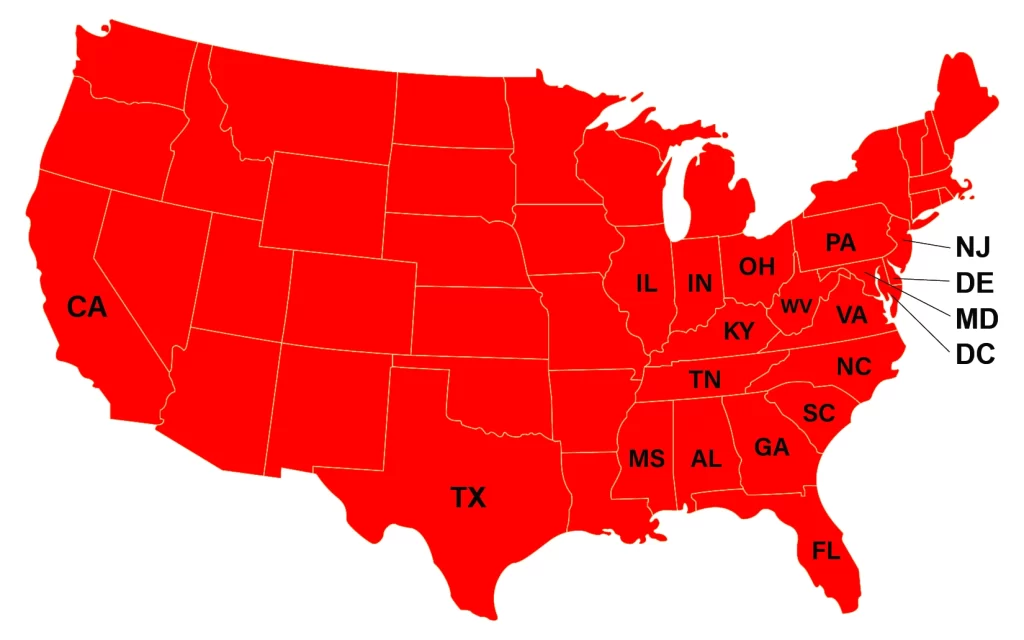Do you have a number of employees working from home? Most American companies have relaxed their rules about working remotely in order to protect employees and ensure business continuity during the COVID-19 pandemic.
This increased distance, while largely beneficial to all, means that your company faces unique employee management issues — ranging from employee oversight to possible theft. The good news is that a private investigator can help resolve several potential pitfalls of remote working teams. Here are five of the most common ways.
1. Screening Employees
You may have screened employees for job history and criminal background when you hired them, but screening for remote work suitability is different. This screening looks for different activities that might give insight into how well-suited a person might be for a work-from-home offer.
For instance, a private investigator might look at social media to figure out if the employee seems to have a home life suitable for a good work environment. Or they might check for indicators that that person can self-manage, prioritize, or represent the employer on their own.
2. Inspecting Home Offices
Setting up the right home office environment is essential to efficient and effective remote work. But as an employer, you may not be able to verify that employees are creating a home office that meets your standards. After confirming with your business attorney that you can ask to inspect employees’ home offices, a private investigator would be an ideal person to carry out this job.
The employer would give their investigator a set of standards in things such as safety measures, which equipment the employee should use, how company equipment should be secured, home and internet security, or how much privacy the office should have within the home. You may even ask the investigator to make periodic checkups to ensure that employees continue to be vigilant.
3. Checking on Time Use
Even though the vast majority of home-based workers do what they’re supposed to, the temptation to abuse the remote working privilege can be strong. If you or your staff has reason to suspect an employee is doing wrong while away from supervision, an investigator can find out in legal ways.
Common employer concerns include that an employee may be taking advantage of remote work as a chance for a secret vacation or other leisure activities and that they are engaging in prohibited behaviors like drinking on the job, using social media during work hours, or even having personal relationships with other employees.
4. Verifying Needs
The law often requires employers to make reasonable accommodation for protected employees. This may include allowing employees who fall under the high-risk category as well as injured workers to operate from home during the pandemic. If you’ve made — or are considering making — accommodations under these rules, you may need to confirm that this is a real need. An investigator can help.
5. Investigating Fraud
With company equipment out of your control and people working with less supervision, fraud, embezzlement, and theft is a real concern. An unscrupulous employee might find it easier to enter fake transactions, pad their time, or share company information with others. If you have many employees doing different roles from home, you may need to be proactive in looking for evidence of these types of activities.
Could your switch to remote-working teams benefit from help in any of these areas? Whether you’re looking for ways to avoid problems before they happen or to find problems that may already be going on, a private investigator can be a useful asset. Learn more by making an appointment with the professionals at J.P. Investigative Group, Inc., today.


